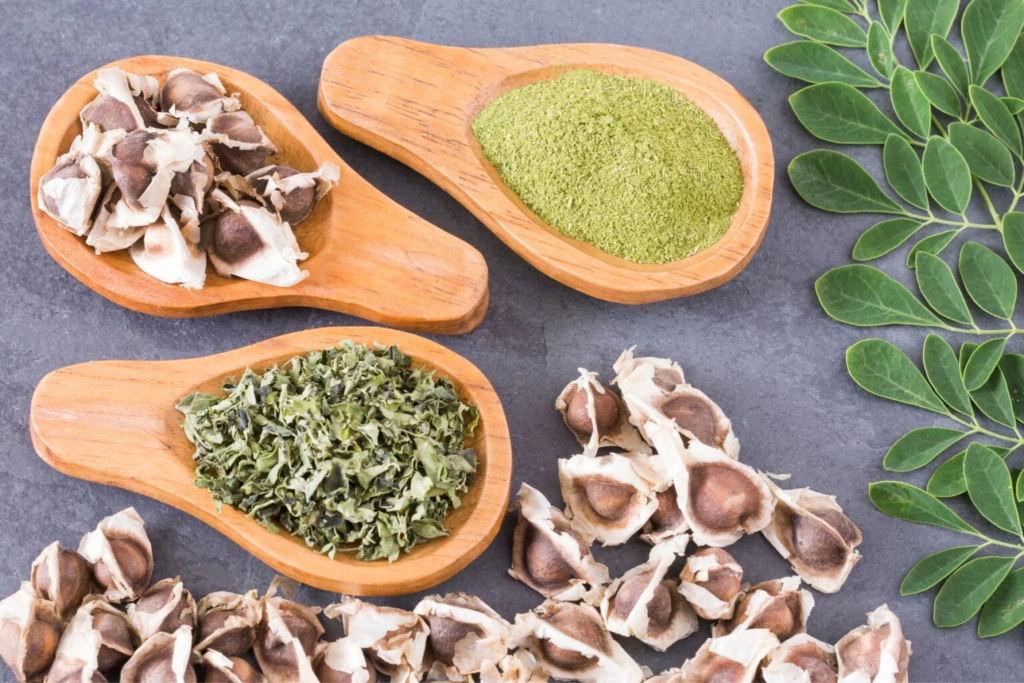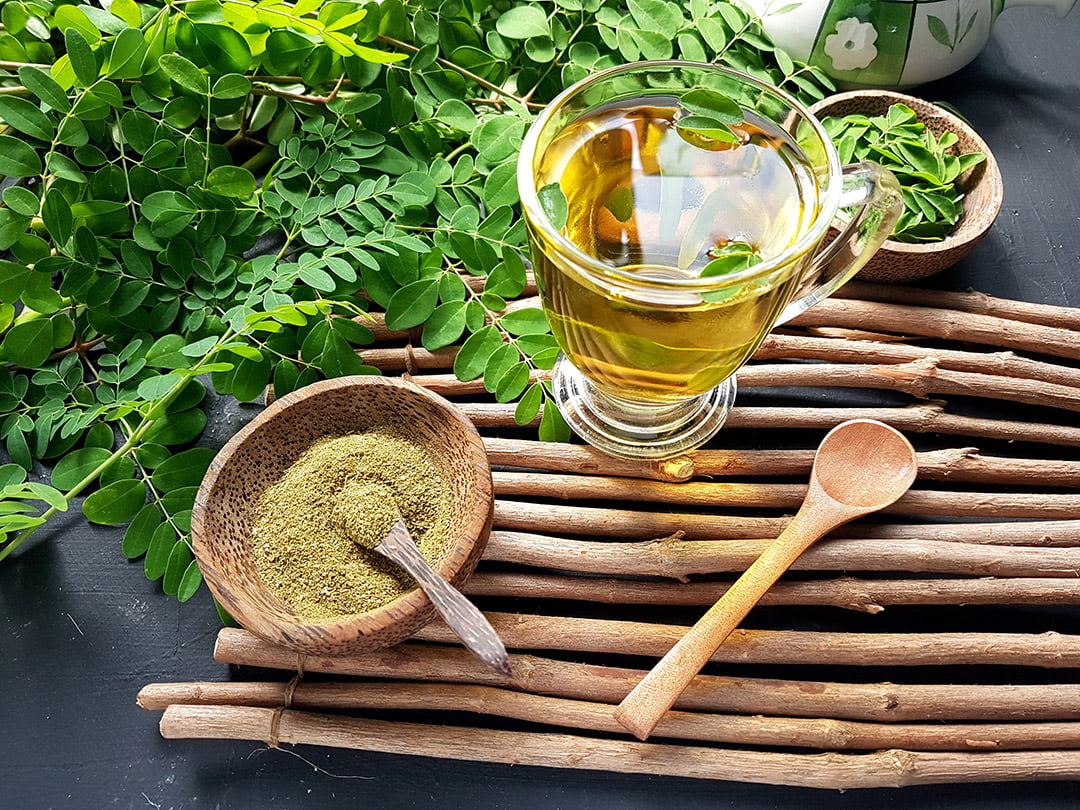In the ever-evolving world of agriculture, pest management remains a critical challenge. Conventional pesticides often come with significant environmental and health risks, prompting the search for greener alternatives. Moringa seed extracts — a natural, eco-friendly solution gaining traction for its potential to revolutionize pest control in sustainable farming.
The Science Behind Moringa Seed Extracts
Moringa seeds, derived from the fast-growing Moringa oleifera tree, are celebrated for their bioactive compounds, including flavonoids, alkaloids, and isothiocyanates. Recent research highlights their pesticidal properties, with studies showing that Moringa seed extracts exhibit:
- Insecticidal activity: Effective against common agricultural pests such as aphids, caterpillars, and whiteflies.
- Antifungal and antibacterial properties: Reducing crop diseases caused by pathogens like Fusarium and Alternaria.
A 2023 study published in the Journal of Agricultural Science demonstrated that Moringa seed extracts could reduce pest infestation by up to 70% when applied as a foliar spray, with no adverse effects on beneficial insects such as pollinators.
How Moringa Seed Extracts Work in Pest Management
The efficacy of Moringa seed extracts lies in their multifaceted approach to pest control:
- Repellent Action: Bioactive compounds create an environment that deters pests from feeding and laying eggs.
- Growth Inhibition: Certain compounds disrupt the developmental stages of pests, preventing population growth.
- Plant Boosting Properties: Moringa extracts not only manage pests but also act as bio-stimulants, enhancing plant growth and resilience.
Benefits of Using Moringa Seed Extracts
Adopting Moringa seed-based pest management offers several advantages:
- Environmentally Friendly: Unlike synthetic pesticides, Moringa extracts decompose naturally, leaving no toxic residues.
- Cost-Effective: Easily sourced and processed by farmers, reducing dependency on expensive chemical inputs.
- Safe for Non-Target Species: Protects pollinators and soil microbes essential for healthy ecosystems.

Practical Applications on the Farm
Farmers can utilize Moringa seed extracts in various ways:
- Homemade Pest Spray: Crushed Moringa seeds mixed with water and filtered can be applied directly to crops.
- Seed Treatment: Treating seeds with Moringa extracts before planting helps protect young plants from soil-borne pests.
- Integrated Pest Management (IPM): Combining Moringa extracts with other organic methods creates a holistic pest control strategy.
Case Study: Moringa in Action
In Kenya, a pilot program among smallholder farmers showcased the effectiveness of Moringa-based pest control. Tomato farmers reported a 50% increase in yield, attributing the success to reduced pest damage and healthier plants. Additionally, the cost savings compared to chemical pesticides allowed farmers to reinvest in their operations.
Challenges and Future Directions
While promising, the use of Moringa seed extracts is not without challenges:
- Standardization: Ensuring consistent quality and potency of extracts remains a hurdle.
- Awareness and Training: Educating farmers on preparation and application techniques is crucial for widespread adoption.
Looking ahead, continued research and development could unlock even more potential. Advances in extraction technology and formulation could make Moringa-based pesticides a staple in sustainable agriculture.
Conclusion
Moringa seed extracts represent a beacon of hope for environmentally conscious pest management. By leveraging this natural resource, farmers can protect their crops, enhance yields, and contribute to a healthier planet. As sustainable agriculture gains momentum, Moringa’s role in pest control is poised to grow, offering a viable alternative to conventional methods.
Whether you’re a farmer, agricultural scientist, or sustainability advocate, exploring the power of Moringa could be the next step toward a greener future. Ajigofarms is committed to providing premium-quality Moringa products to support your journey toward sustainable farming.




